SGGP
On the occasion of World No Tobacco Day, May 31, the World Health Organization (WHO) said it is making efforts to support farmers in many places to stop growing tobacco and switch to other crops, contributing to enhancing food security.
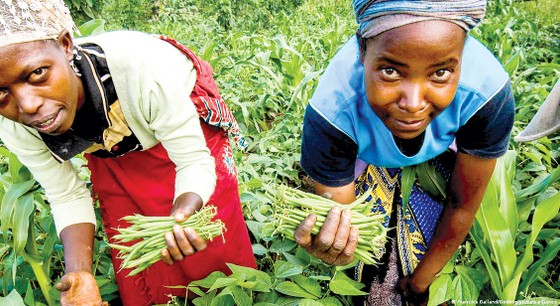 |
| Kenyan farmers harvest green beans to sell to WFP |
Inflating benefits
WHO Director-General Tedros Adhanom Ghebreyesus said that growing food crops instead of tobacco would allow the world to “prioritize health, preserve ecosystems and enhance food security for all.” The new WHO report reiterates that a record 349 million people are facing severe food insecurity, most of them in about 30 countries in Africa. According to WHO, 9 of the 10 largest tobacco-growing countries are low- and middle-income countries. Tobacco cultivation exacerbates the food security challenges of these countries by taking up arable land. The environment and the communities that depend on it are also affected, as the expansion of tobacco cultivation leads to deforestation, water pollution and land degradation.
The report also exposes the tobacco industry as trapping farmers in a vicious cycle of dependence and exaggerating the economic benefits of tobacco as a cash crop. Speaking to journalists in Geneva on 26 May, Dr. Rüdiger Krech, WHO Director-General for Health Promotion, called for an urgent need to dispel the notion of tobacco as an “economic myth.” He said the crop contributed less than 1% of GDP in most tobacco-growing countries and profits went to the world’s major tobacco producers, while farmers struggled under the burden of debt from growing tobacco.
Tobacco-free farm
Dr. Rüdiger Krech also added that tobacco farmers are at risk from nicotine and pesticide poisoning. An estimated 1.3 million child laborers are working on tobacco farms. Therefore, the message for smokers is to think carefully, because tobacco consumption means pushing many farmers and their families to suffer injustice. WHO is very concerned about the expansion of tobacco companies in Africa. Since 2005, the number of tobacco plantations on the continent has increased by nearly 20%; in 2022 alone, the area of tobacco cultivation increased by 15% compared to 2021.
WHO, along with the Food and Agriculture Organization (FAO) and the World Food Programme (WFP), has joined forces around the Tobacco-Free Farms initiative, to help thousands of farmers in countries like Kenya and Zambia grow sustainable food crops instead of tobacco. The program has been implemented in the Migori region of Kenya, where 2,040 farmers have been assisted this year and is aiming to increase to 4,000; and around 1,000 in Zambia over the coming months. The program provides farmers with micro-credit loans to repay tobacco companies, supports them with knowledge and training to grow alternative crops, and helps market their produce through WFP procurement initiatives. The program is also being explored for expansion into Asia and South America.
Source


![[Photo] Students of Binh Minh Primary School enjoy the full moon festival, receiving the joys of childhood](https://vphoto.vietnam.vn/thumb/1200x675/vietnam/resource/IMAGE/2025/10/3/8cf8abef22fe4471be400a818912cb85)




![[Photo] Prime Minister Pham Minh Chinh chairs meeting to deploy overcoming consequences of storm No. 10](https://vphoto.vietnam.vn/thumb/1200x675/vietnam/resource/IMAGE/2025/10/3/544f420dcc844463898fcbef46247d16)
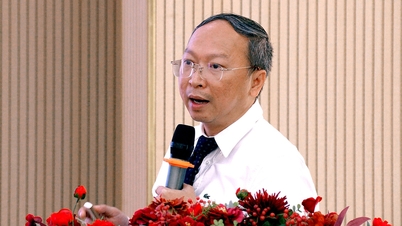









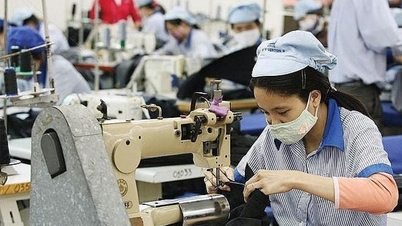





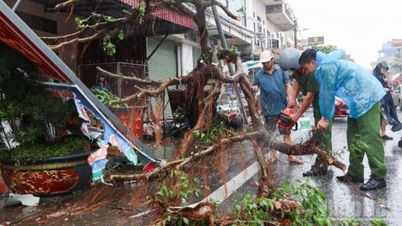








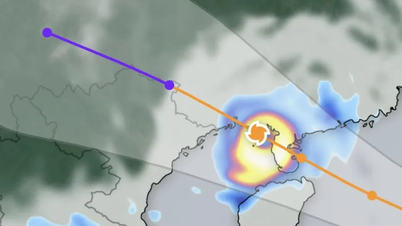





















































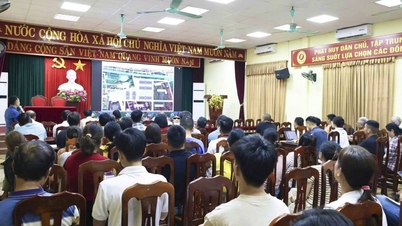

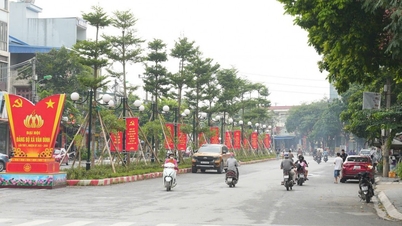
















Comment (0)